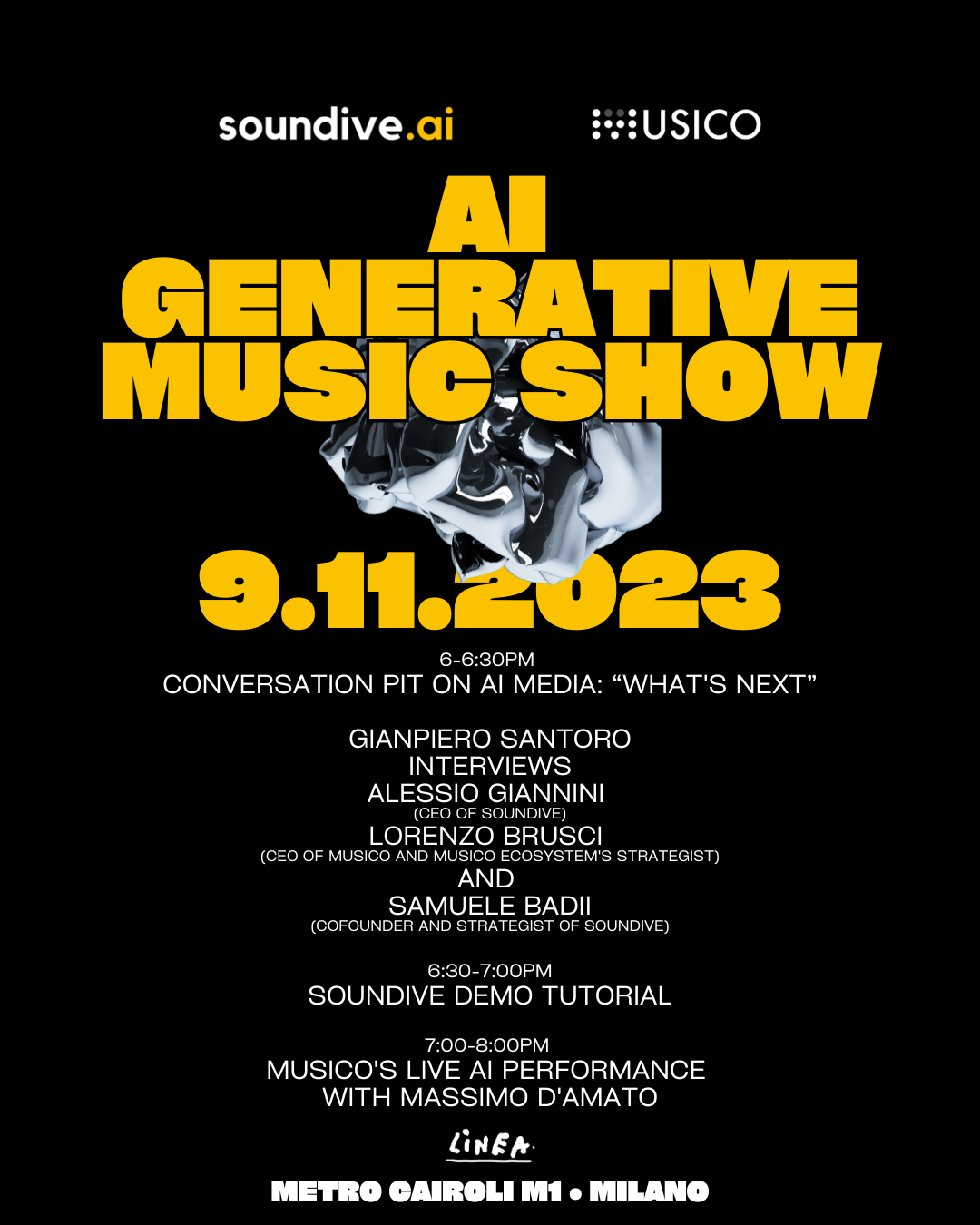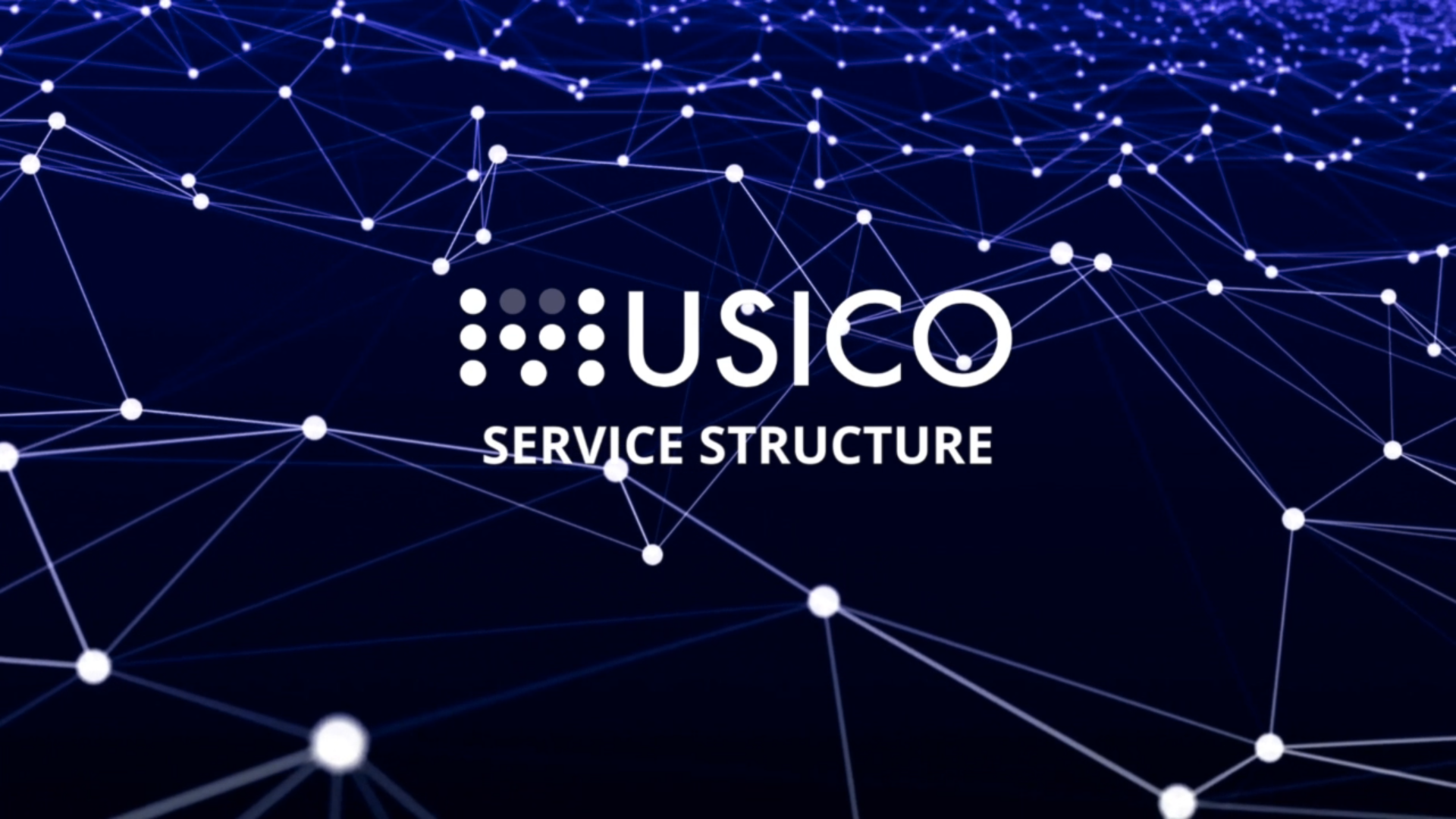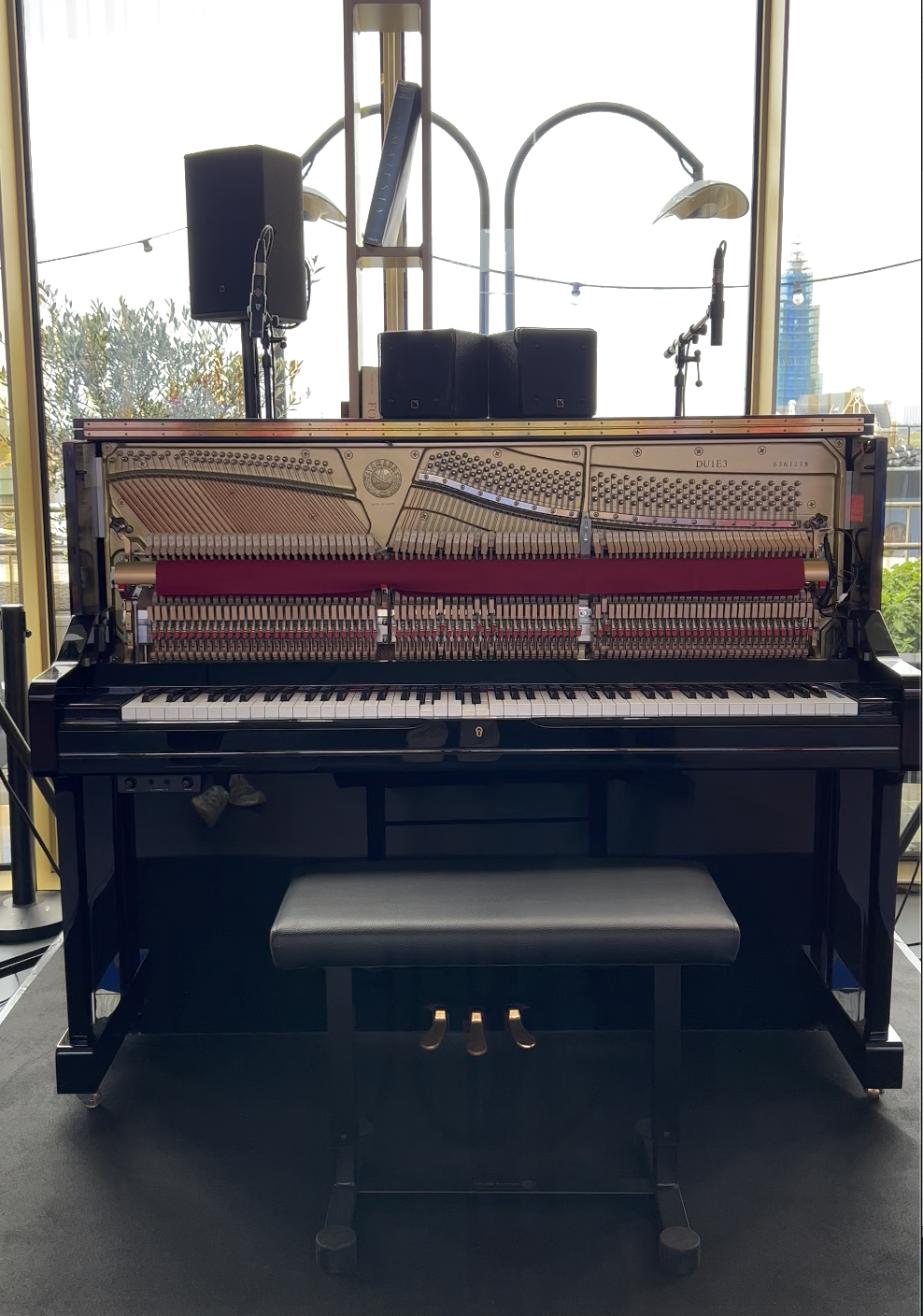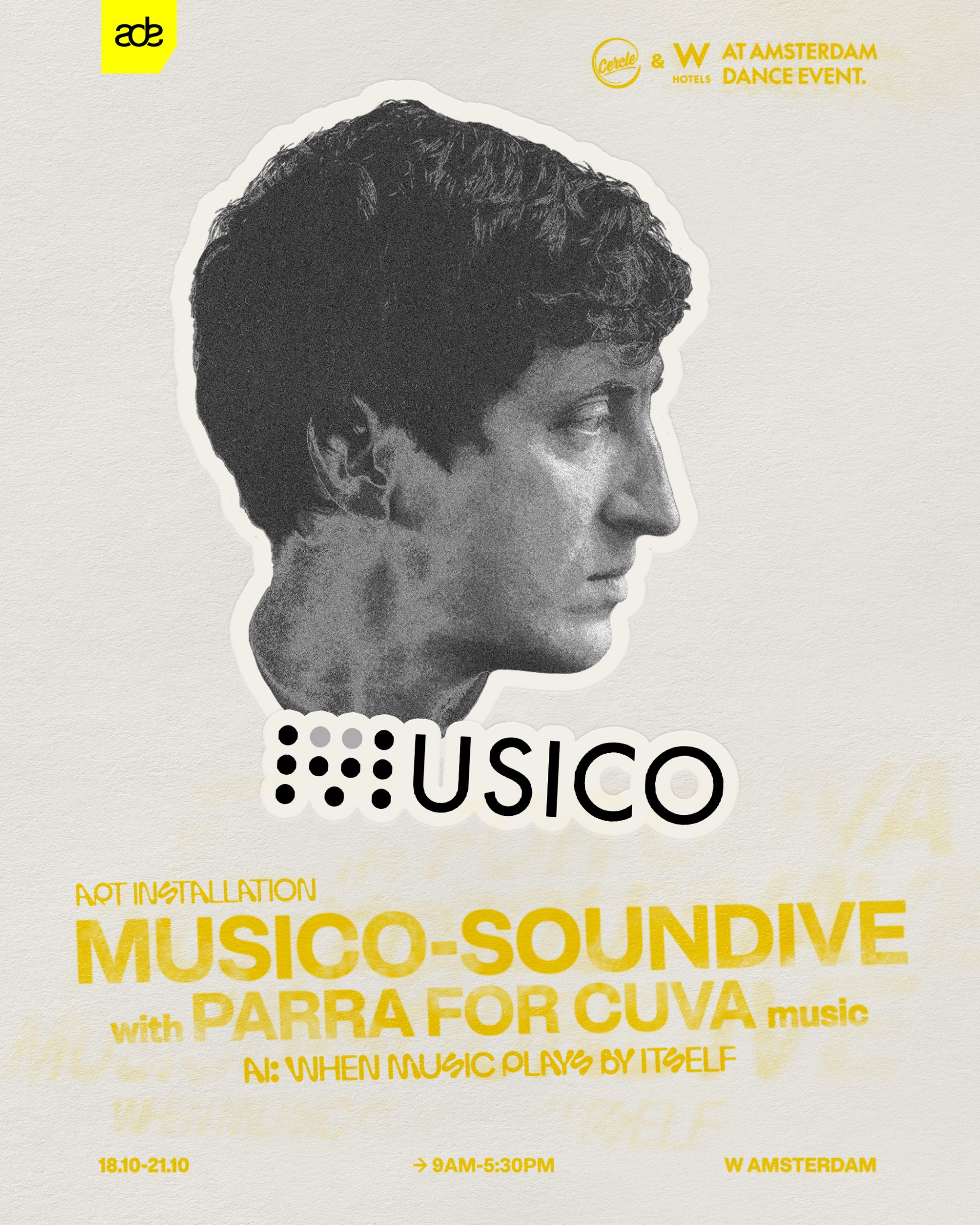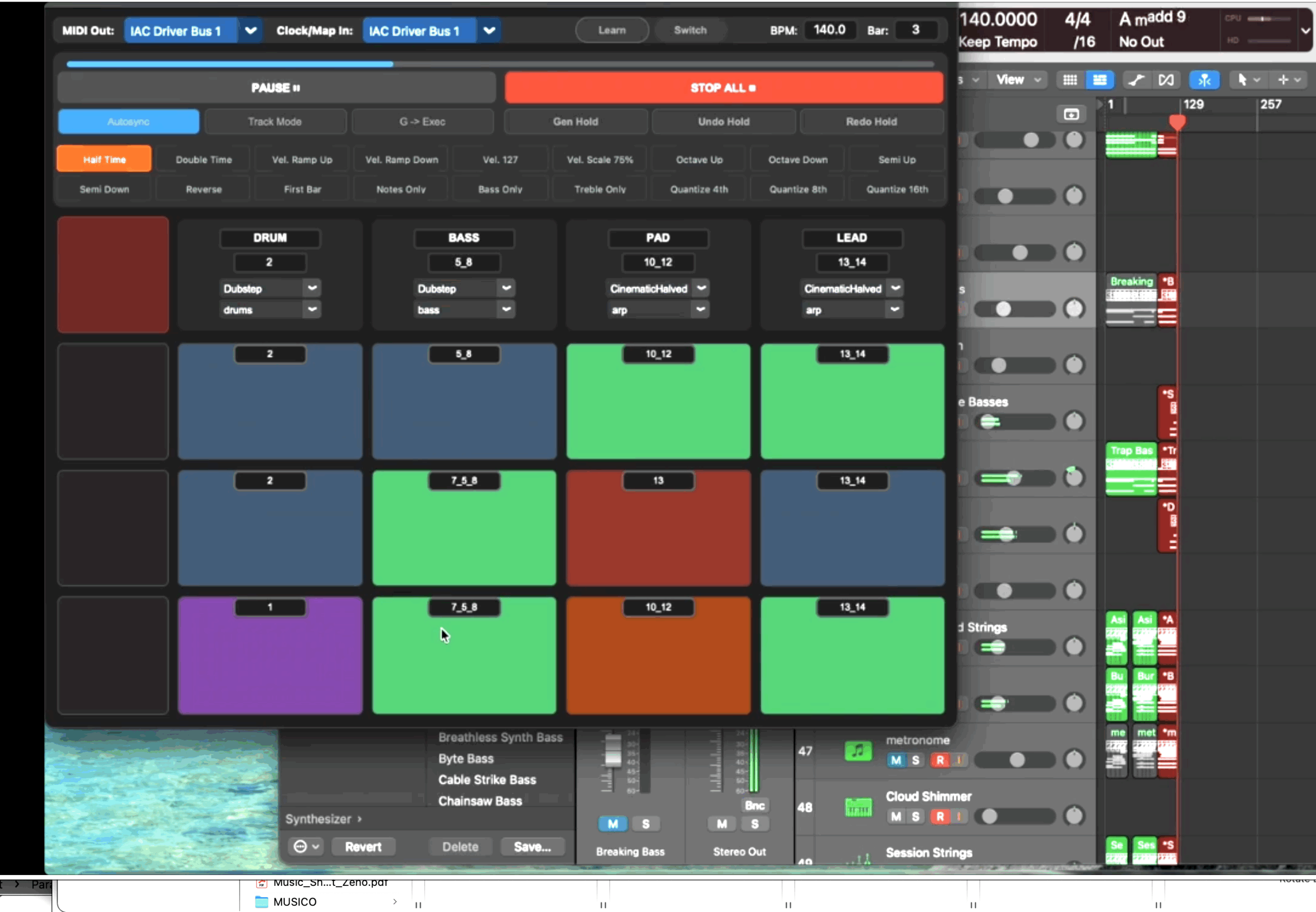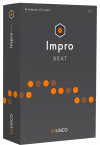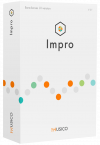What is MUSICO NOW?
Essential features of Musico:
Agility and adaptability: Musico is designed to be highly adaptable and can be customized to meet the specific needs of different industries and applications. This makes it a versatile tool that can be used in a wide variety of settings.
Hybrid approach: Musico combines machine learning techniques with traditional rules-based music generation, making it more robust and expressive than traditional generative music systems.
Customizable input strategies: Musico can be used with a variety of input strategies, including biometric data, text, and images. This allows users to create music that is tailored to their specific needs and preferences.
Applications of Musico:
Biometric-driven automatic music generation: Musico can be used to generate music that responds to changes in biometric data, such as heart rate, breathing, and movement. This can be used to create immersive and engaging experiences in areas such as healthcare, wellness, and sports.
Adaptive music for multimedia and games: Musico can be used to create adaptive music and soundscapes that change in response to the user’s actions or the content of the media. This can enhance the immersion and engagement of physical architecture, multimedia experiences and games.
Custom music creation for individuals and businesses: Musico can be used to create custom music for individuals, businesses, and events. This can be used to create personalized experiences, promote brands, and enhance marketing campaigns.
Constant innovations at Musico:
Expansion of the Musico platform to support more industries and applications: Musico has expanded its platform to support more industries and applications, including healthcare, mobility, wellness, education, media production and retail.
Improved machine learning algorithms: Musico has improved its machine learning algorithms to better understand and generate music. This has resulted in more expressive and realistic music.
New tools for creating and customizing music: Musico has developed new tools for creating and customizing music, making it easier for users to get started and achieve their desired results.
Impact of Musico on the creative industries:
Musico is having a significant impact on the creative industries, particularly in the areas of music production, composition, and sound design. It is empowering musicians to create new and innovative music, and it is also providing new opportunities for businesses to create engaging and personalized experiences (see the recent re-launch of HAICU – soon and autonomous music label, controlled and powered by MUSICO)
Role of AI in the creative industries:
AI is playing an increasingly important role in the creative industries. It is being used to generate new ideas, create new forms of art, and improve the quality of creative products. AI is also helping to democratize creativity by making it more accessible to people who do not have traditional training in the arts.
Future of Musico:
Musico is committed to continuing to develop and innovate in order to provide its users with the best possible experience. The company is exploring new applications for its technology, such as creating interactive music experiences and using AI to generate music for VR, XR and all augmented reality environments. Video to Music, Image to Music, Text to Music, Emoticons to Music, are among the many services we will soon deliver – and demo inside the MUSICO DEMO section (by invitation only).
a brief history of MUSICO
Musico’s journey in the field of Music, Media, and AI has been a fascinating and evolving one. Here’s a chronological overview of his historical path and the development of Lorenzo Brusci and MUSI-CO from the 1990s to the present:
1993-1999: Exploring Real-Time Individual and Collective Composition and Cross Modal Interaction
In the mid ’90s, Lorenzo Brusci and Paolo Frasconi embarked on an exploration of real-time and adaptive composition techniques for performers from various disciplines. They operated under the production label TIMET (timet.org).
2002: Sonic Garden Project
In 2002, Lorenzo and soon Valentijn Borghuis initiated the Sonic Garden project (giardinosonoro.com). This project involved interactive music installations in public spaces, automatic music adaptation for noise masking, and the design of urban soundscapes and quiet areas. They began developing ever more fine-grained techniques for real-time adaptive composition.
2008: Industrialization and Systematized Sound Control
The first industrialization efforts took place in 2008 with the creation of Architettura Sonora (architetturasonora.com) and the systematized design of multichannel sound control systems. Lorenzo collaborated with B&C Speakers, involving Simone Conforti and Valentijn in the process.
2013: Hybridizing Physical and Symbolic Architecture
In 2013, Lorenzo, Simone, and Valentijn embarked on a new technology design adventure, dedicated to hybridizing physical and symbolic architecture through MUSSTDESIGN.com.
2016: MUSICO Generative Music Adventure
The year 2016 marked the start of the MUSICO generative music adventure in Poland and Switzerland, led by Lorenzo, Simone, and Valentijn.
2017: Expanding the Team for Real-Time Adaptive Generation
In 2017, Marco Liuni and Marco Bertola joined the team to develop proofs of concept for real-time adaptive generation using various input strategies and algorithmic methodologies. This led to the incorporation of Musi-Co (Operative Company) and AMUGEIR NL (IP Company).
2017: Deep Learning Approach
Paolo Frasconi entered the MUSICO inner circle in 2017 to collaborate on developing a new approach to music generation based on Deep Learning.
2018: Structured Company and IP Strategy
In 2018, Jan Smits joined the team to systematize its intellectual property (IP) and licensing strategy. Francesco Tordini became part of the team as the project evolved into a structured company with scalable operational and technology tasks.
2019: Expansion Across Various Fronts
The year 2019 saw significant expansion with the addition of Alessandro Tibo, Luca Angioloni (AI front), Simone Rotondo (Claud architecture), Alberto Gatti, Valerio Orlandini, Francesco Capanni (music technology), Wojtek Friediger (sales), and Samuele Badii (financial).
2020-2022: Further Strengthening the Team
The team continued to grow and solidify with the addition of Andrea Perini, Massimo D’amato, Lapo Grossi (music tech and composition), Giovanni Bindi, Guglielmo Fraticcioli, Joakim Borg (machine learning, DSP, and music analysis), Stefano Imperiale (Claud architecture), making it more robust and diverse.
2021: Acceleration and Spin-Offs
Soundive was accelerated and spun off in 2021, with partners CBI, Enrico Baraldini, Samuele Badii, and Alessio Giannini.
2023 saw the acceleration and spin-off of Super AI Studio in Florence, with partners AIDIA, Luca Angioloni, Francesco Lombardi, Riccardo Celli, and Lorenzo Brusci.
2024: Acceleration and Spin-Off in Zurich
In 2024, Mindkestra was accelerated and spun off in Zurich, featuring partners Flavio Iannelli (data analyst) and Anna Karcher (psychologist).
MUSICO’s journey in the intersection of music, media, and AI has been marked by a rich tapestry of exploration, innovation, and collaboration, culminating in the formation of various specialized entities and projects that continue to push the boundaries of creative technology.
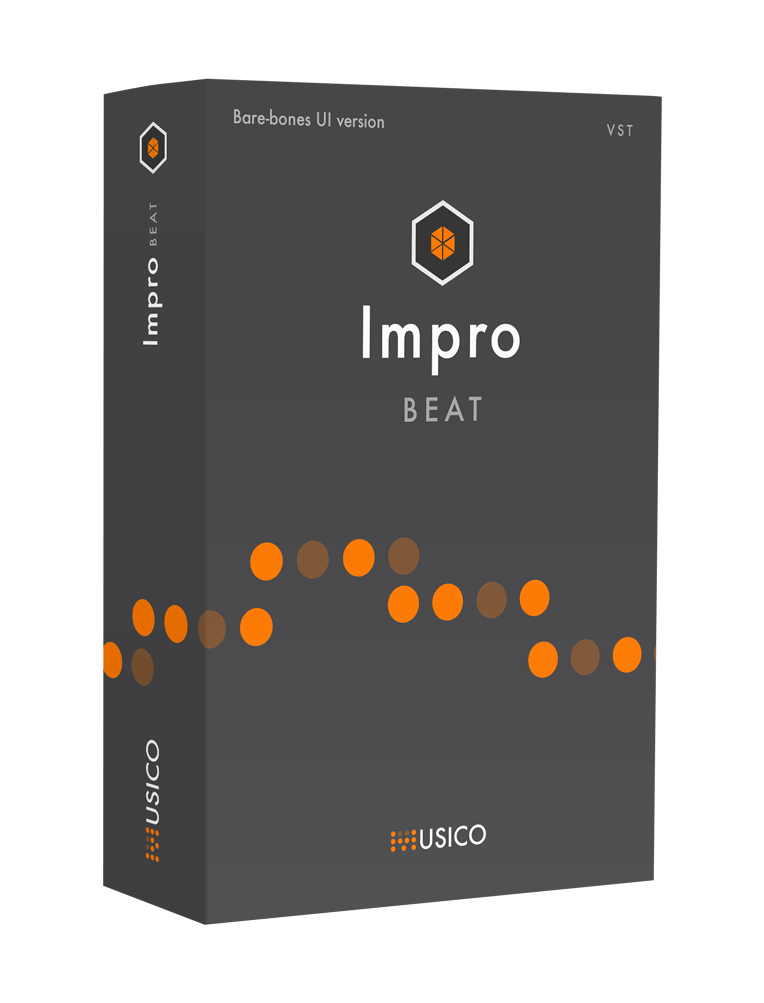

![Musico and Soundive united present: the Generative Ai Show [the Music chapter]](https://www.musi-co.com/wp-content/uploads/2023/11/LINEA_event_polisketch.010.jpeg)
